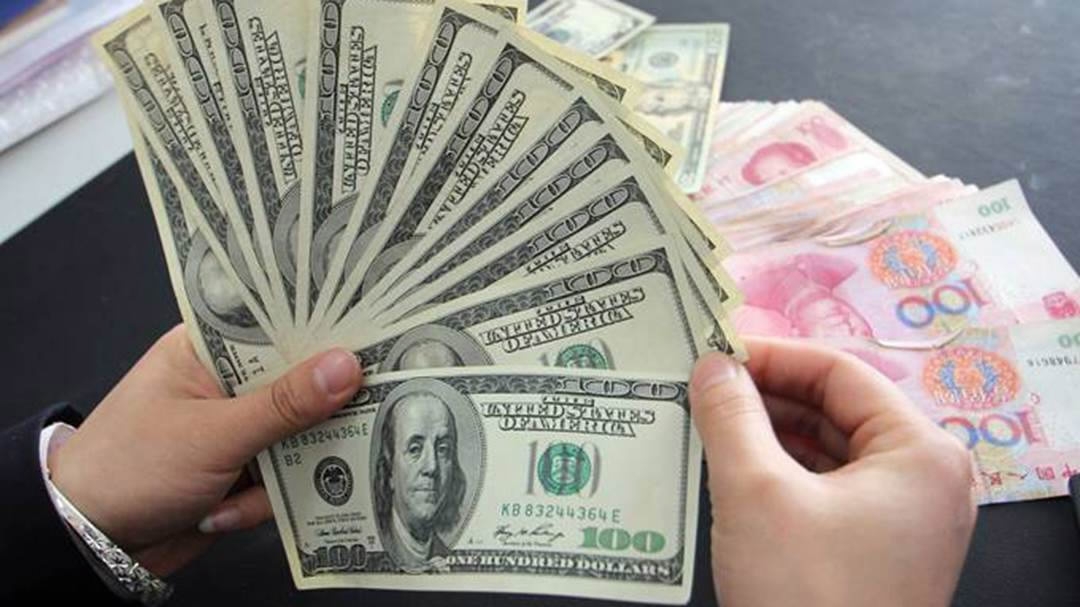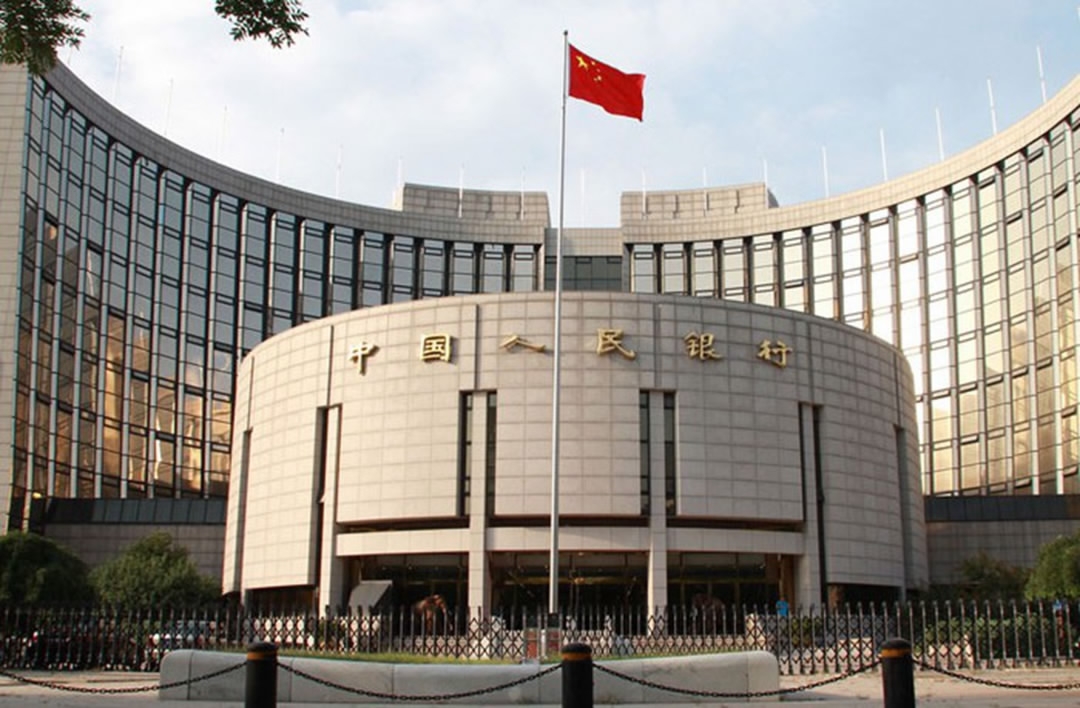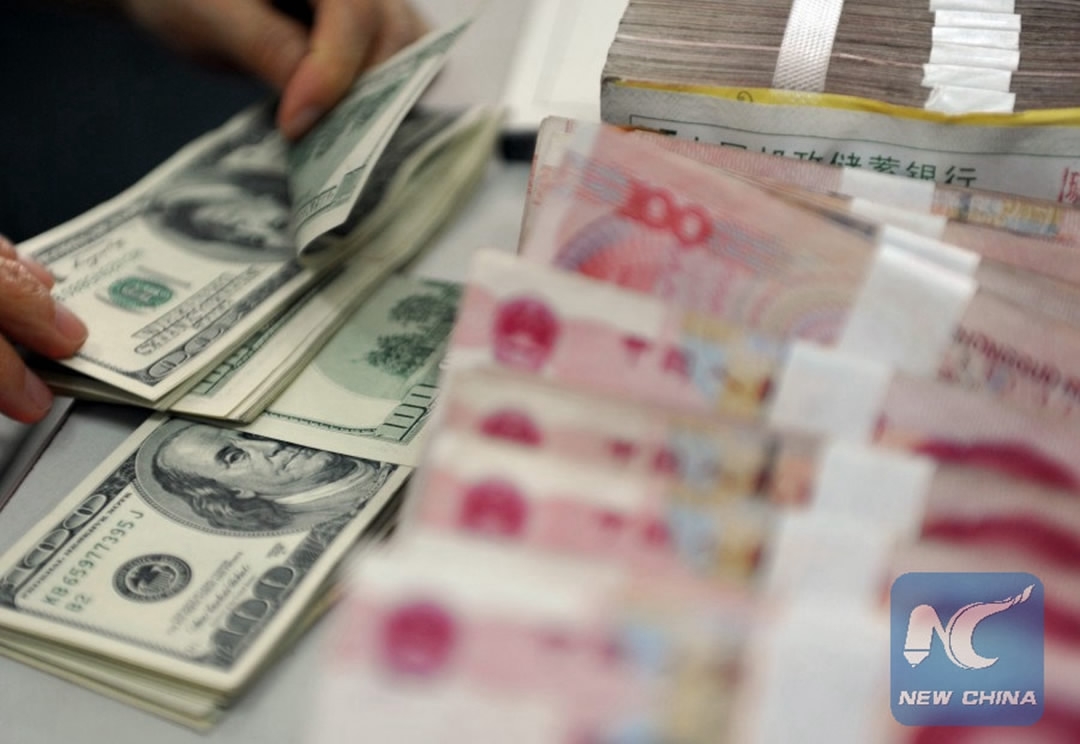
Business
20:30, 07-Aug-2017
China's forex reserves rise for sixth straight month

China's foreign exchange reserves rose for a sixth consecutive month in July as pressure from capital outflows eased and the value of the US dollar weakened, data from the central bank showed Monday.
Forex reserves reached 3.081 trillion US dollars by the end of July, increasing 23.93 billion US dollars from a month earlier, according to the People's Bank of China.

Reuters Photo
Reuters Photo
It is the first time that the reserves expanded for six months in a row since June 2014.
In an online statement, the State Administration of Foreign Exchange (SAFE) attributed the rise to stable cross-border capital flows and the relative appreciation of non-US dollar currencies.
The US dollar declined against most major currencies last month due to political uncertainty in Washington and weak economic data.
The dollar index, which measures the greenback against six major peers, went down by 2.89 percent in July, driving up the rise in dollar-denominated reserves.
There had been concerns over capital flowing out of the Chinese market in the second half of 2016, when the economy was facing looming downward pressures and the Chinese yuan was in the middle of a losing streak against the US dollar.

Xinhua Photo
Xinhua Photo
As China's economy stands on a firmer footing and the yuan continues to stabilize, the stockpile has increased steadily from February.
China's economy expanded by 6.9 percent for the first half of 2017, with consumption and services, together with new innovation-driven economic sectors, taking up larger roles in the economy, prompting global institutions such as the IMF to raise GDP forecasts for the country.
With such positive changes continuing to accumulate and China further opening up the financial market, cross-border capital flow will further stabilize, according to the SAFE.
The regulator said last month that the country was seeing its most balanced forex market supply and demand in three years due to improving economies at home and abroad as well as an intensified crackdown on irregularities.
The impact of US Federal Reserve interest rate hikes on China's cross-border capital flows have diminished, and the risks of large-scale capital outflows from China will notably ease, according to SAFE's spokesperson Wang Chunying.
Monday's data also showed that the country's gold reserves rose to 75.08 billion US dollars by the end of July from 73.59 billion US dollars at the end of June.
(Source: Xinhua)

SITEMAP
Copyright © 2018 CGTN. Beijing ICP prepared NO.16065310-3
Copyright © 2018 CGTN. Beijing ICP prepared NO.16065310-3